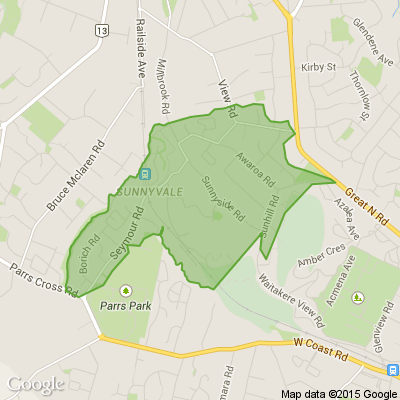Aucklanders vent frustrations at extension of Level 3
By the time the next decision is made for the region, Aucklanders will have spent 11 weeks in either Level 3 or 4. The Level 3 and 4 lockdown between March and May last year was 52 days long. When Auckland's current restrictions are reconsidered by the Government in a fortnight, it'll be 76 days. There's little agreement on what should happen next from those in the city. "She's sort of between a rock and a hard place," cafe owner Fraser said. "Me personally, I'd have gone two weeks of Level 4 to try get [case numbers] down." "They're doing all of this from their ivory towers in Wellington. I don't think they have any idea what it's like to be locked up like this," Jo said. "Kids need to be in school... It's no good," Awan said. "I think it's the right decision. We've come so far. It's a bit disappointing - I'm quite bored and my business is suffering," said Anna. There have been 386 cases of Covid-19 in the community in the last week alone, and around 150,000 eligible Aucklanders are still not vaccinated at all against the disease. One man, Alastair, was okay with the decision to keep the status quo but he wanted to see a plan - with incentives. "I want to see people rewarded for being vaccinated. [The government's] got to move forward. We cannot keep having it moved forward... with no end point." Cafe manager Fraser said compliance was seriously falling off. "I don't think we can stay here [at Level 3] much longer. At the weekend we went for a drive, and there's a lot of people giving up paying attention now. Everyone's just doing their own thing. "If we're still shut down at Christmas, I think it's going to start getting a little bit more serious than just ignoring what we're told to do." The Government has repeatedly said high vaccination and testing rates would help towards easing restrictions. If 90 per cent double-vaccinated is what's wanted for Auckland, that could be weeks away. Auckland is 18,000 people short of 90 per cent first doses and even if all of these were vaccinated today, they would have to wait three weeks for their next one and two more weeks for full immunity. One woman Jo, who is double-vaccinated, said the extension of alert level 3 was causing resentment. "I don't think they really comprehend what it's like for the ordinary, everyday person who's caught like this, just can't do anything," she said. "Most of the people, in fact everybody I talk to, are all getting angry." On Friday the government will reveal the next phase of a Covid-19 protection plan for New Zealand with a 90 percent vaccination rate featuring prominently.
======================================================
Auckland's alert level will be reassessed by Cabinet on 1 November.
======================================================

Poll: Should the government levy industries that contribute to financial hardship?
As reported in the Post, there’s a $30 million funding gap in financial mentoring. This has led to services closing and mentors stepping in unpaid just to keep helping people in need 🪙💰🪙
One proposed solution? Small levies on industries that profit from financial hardship — like banks, casinos, and similar companies.
So we want to hear what you think:
Should the government ask these industries to contribute?

-
60.8% Yes, supporting people is important!
-
23.8% No, individuals should take responsibility
-
15.4% ... It is complicated
Night-time chipsealing works on SH2
From 9 to 17 February, stop/go traffic management will be in place on SH2 between McPherson Road and Dimmock Road on multiple nights between 9pm and 5am (Sundays to Thursdays).
During the day, all lanes will be open, but speed restrictions will apply to allow the chipseal to set and to protect vehicles travelling over the newly laid surface.
There may be delays to your journey when travelling through the area. This is weather dependent so check NZTA Journey Planner before you travel.

A Neighbourly Riddle! Don’t Overthink It… Or Do?😜
Do you think you know the answer? Simply 'Like' this post if you know the answer and the big reveal will be posted in the comments at 2pm on the day!
If you multiply this number by any other number, the answer will always be the same. What number is this?








 Loading…
Loading…